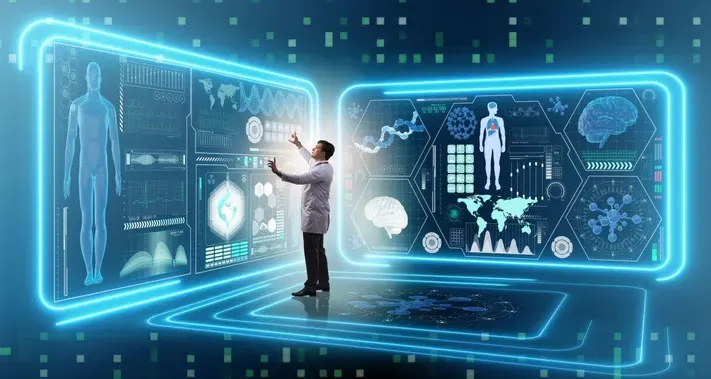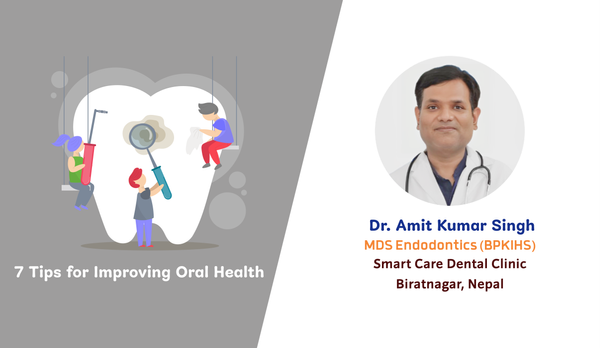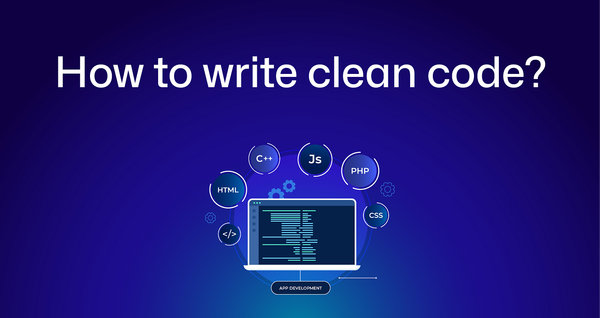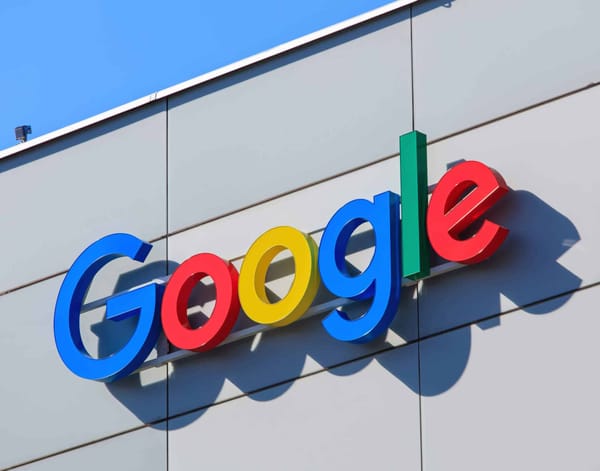AI Powered Health Care Automation
In recent years, the healthcare industry has witnessed a transformative shift fueled by advancements in artificial intelligence (AI) and automation technologies. These innovations are revolutionizing patient care, operational efficiency, and medical research. AI-powered healthcare automation holds immense promise in enhancing diagnosis, treatment, and overall healthcare delivery. Let's explore how AI is reshaping the landscape of healthcare.
The Role of AI in Healthcare
- Enhanced Diagnostics:
AI algorithms can analyze medical imaging data, such as X-rays, MRIs, and CT scans, with remarkable accuracy. Machine learning models can detect abnormalities and assist radiologists in making faster and more accurate diagnoses, leading to early intervention and improved patient outcomes.
2. Personalized Treatment Plans:
AI enables the development of personalized treatment plans based on individual patient data, including genetic information, medical history, and lifestyle factors. This precision medicine approach ensures tailored therapies that optimize efficacy and minimize side effects.
- Virtual Health Assistants:
Chatbots and virtual health assistants powered by AI provide patients with immediate access to medical information and support. These tools can answer common health questions, schedule appointments, and even monitor patients' health remotely, enhancing accessibility and efficiency in healthcare delivery.
- Drug Discovery and Development:
AI accelerates the drug discovery process by analyzing vast datasets to identify potential drug candidates and predict their efficacy and safety profiles. This not only expedites the development of new treatments but also reduces costs associated with research and development.
5. Operational Efficiency:
Automation streamlines administrative tasks such as scheduling, billing, and electronic health record (EHR) management. By automating routine processes, healthcare providers can focus more on patient care, leading to improved workflow efficiency and reduced administrative burden.
Real-World Applications
1. Early Disease Detection: AI-powered algorithms can detect early signs of diseases like cancer, diabetes, and cardiovascular conditions by analyzing patient data and identifying subtle patterns that may not be apparent to human clinicians.
2. Remote Patient Monitoring: IOT devices and wearable sensors connected to AI platforms enable real-time monitoring of patients with chronic conditions. Healthcare providers can remotely track vital signs and intervene promptly in case of any abnormalities, improving disease management and reducing hospitalizations.
3. Predictive Analytics: AI-driven predictive analytics models forecast disease outbreaks, hospital read missions, and patient deterioration based on historical data. This proactive approach allows healthcare organizations to allocate resources effectively and implement preventive measures.
Benefits of AI in Healthcare
The potential benefits of AI in healthcare are vast. Here's a glimpse of what we can expect:
- Reduced Costs: Automation can significantly lower administrative costs, allowing healthcare providers to allocate resources more effectively.
- Improved Efficiency: Streamlined workflows and automated tasks lead to faster turnaround times and better use of resources.
- Enhanced Accuracy: AI can minimize human error in tasks like diagnostics and data analysis, leading to more accurate outcomes.
- Personalized Medicine: AI can analyze individual patient data to provide more targeted and effective treatments.
- Better Patient Engagement: AI-powered tools can empower patients to take a more active role in their health management.
The Future of AI in Healthcare
The convergence of AI, big data, and healthcare holds immense potential to transform the industry. As technology continues to evolve, AI-powered healthcare automation will become increasingly integrated into clinical practice, improving patient outcomes, reducing costs, and driving innovation in medical research. Embracing this evolution requires collaboration among stakeholders, including healthcare providers, technology developers, regulators, and patients, to harness the full benefits of AI while addressing ethical and regulatory challenges.
In conclusion, AI-powered healthcare automation represents a paradigm shift in how healthcare is delivered and managed. By harnessing the power of AI, the healthcare industry can achieve unprecedented levels of precision, efficiency, and patient-centric care, ultimately advancing the goal of improving global health outcomes.




